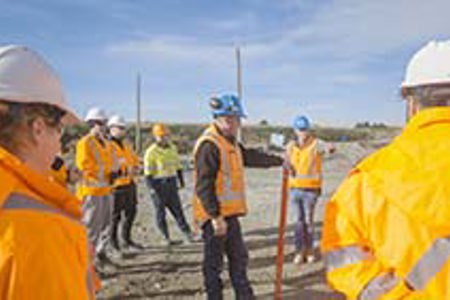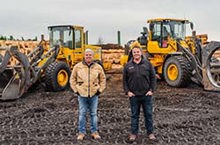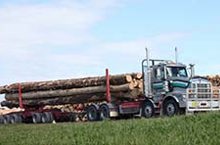
Vocational education and training providers will be given more control over their own programmes, beginning next year, says Vocational Education Minister, Penny Simmonds.
She says Government will introduce a new, independent, and industry-led model for work-based learning: “Vocational education and training providers will be able to manage all aspects of an apprenticeship or traineeship at an industry level, rather than taking direction from a centralised behemoth.
“Industry representatives have made it clear that the current work-based learning model is not delivering because it has become overly centralised through Te Pūkenga. As a result, the training of apprentices and other workers is often disconnected from the realities of the jobs they are working towards.”
She says public and industry consultation clearly showed that the new model was the preferred option.
From 1 January 2026:
- New Industry Skills Boards (ISBs) will be set up to set training standards, endorse programmes and moderate assessments.
- Apprentices and trainees currently with Te Pūkenga will move to the ISBs for up to two years.
- New students will enrol directly with new work-based learning private providers, polytechnics, or Wānanga.
- ISBs will be able to enrol new learners until other providers are set up to deliver work-based learning.
MinEx, the national Health and Safety Council for the extractives sector, has welcomed the announcement. Chief Executive, Wayne Scott, says it was among a number of industry bodies which feared the Government would dominate its new industry skills boards (ISBs) in organising industry training and let polytechs do most of the delivery.
“We were concerned departmental officials wanted the new ISBs to coordinate industry training and polytechnics to deliver much of it.
“We asked for it to be work-based, led and owned by industries like ours which are really connected to their trainees and the skills they need to develop.”
He says the new ISBs that set training standards, endorse programmes and moderate assessments are welcomed and necessary so long as industry representatives dominate board positions.
“That’s what the Minister seems to be saying. For too long under successive Governments, the needs of industry have been ignored, and officials who thought they knew better have decided what training was needed by workplaces.
“This saw some private organisations precluded from providing training, with particular impacts on smaller and more remote employers who wanted to upskill their staff on-site or nearby.”
Civil Contractors New Zealand is also welcoming the move, but is waiting for more detail to see whether the industry’s concerns have been addressed.
Chief Executive, Alan Pollard, says clearer entry points and a consistent and accessible industry induction and vocational training process are needed to enable people to join the civil construction workforce with the skills and knowledge they need for a successful career in the civil trades.
“It is appropriate that industries are given the lead on work-based learning, as the environments are often complex, high-risk and require specialist training from skilled staff.
“Industry’s needs have often been overlooked by the education sector, so it’s very important we identify what can work better. That is where ISBs come in. These organisations will play a critical role in setting standards and identifying the way forward.”










